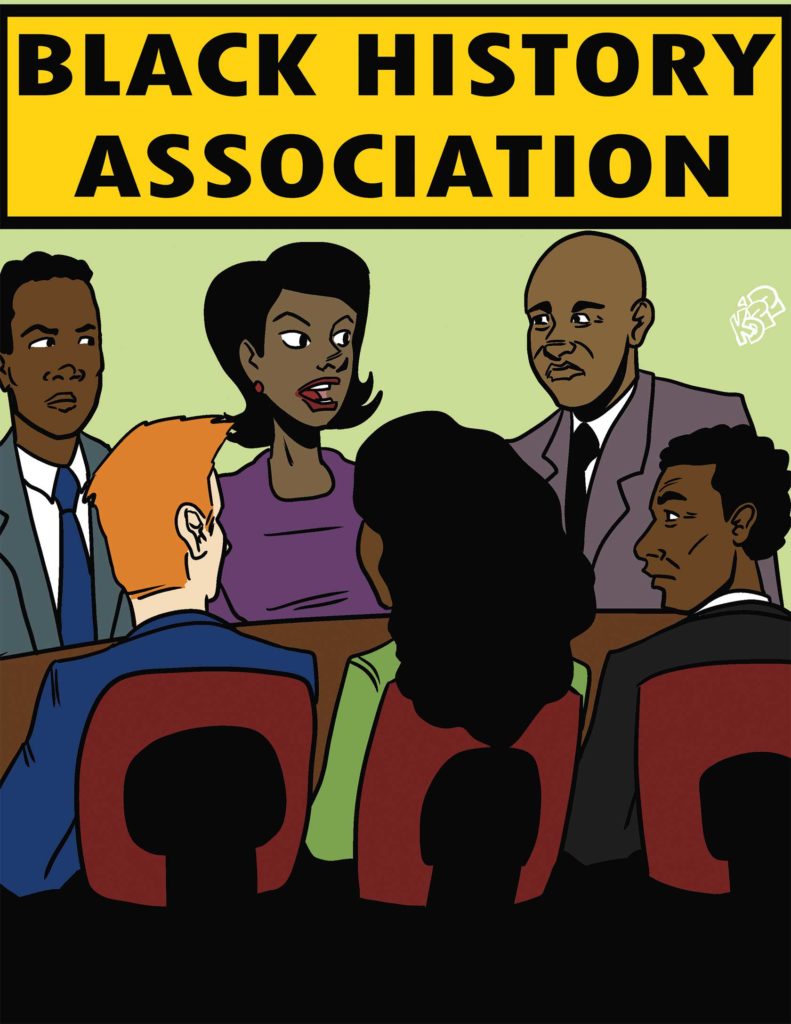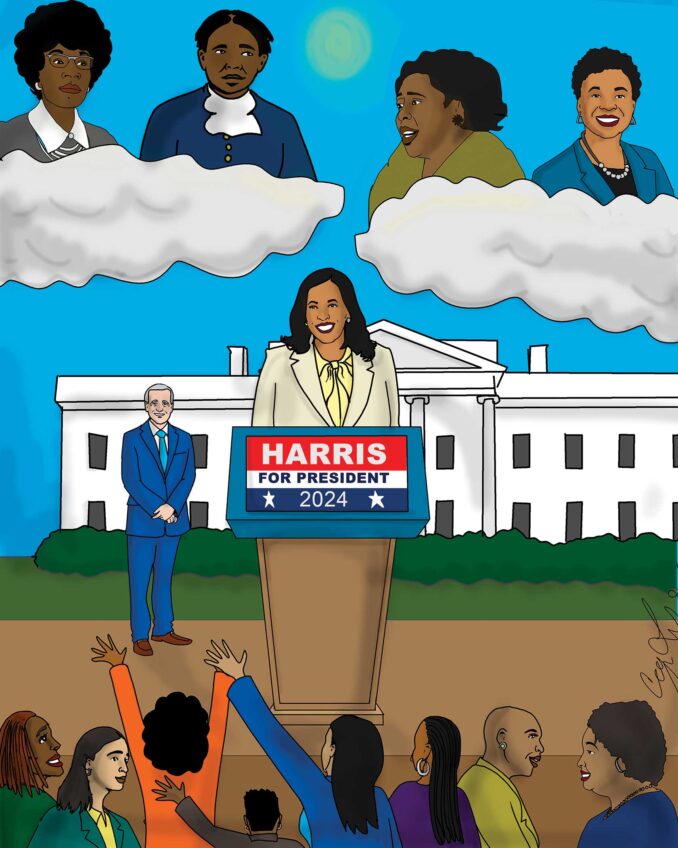
Carter G. Woodson, a Black historian, established the concept of Black History Month in 1926. It was originally “Black History Week,” but it was later expanded to the whole month of February. Now, 94 years after Woodson’s idea took hold, it is good to consider its development.
Woodson was born in Virginia, to parents who had recently been freed from slavery. He was driven by a strong desire to be educated. Woodson received a bachelor’s in literature from Berea College in 1903 and a second bachelor’s from the University of Chicago, as well as a master’s degree in European history in 1908.
He then studied at the Sorbonne in Paris and at Harvard University, where he became the second Black after W.E.B. Du Bois in 1907 to earn a Harvard Ph.D. Rather than join his brothers in the coal mines of West Virginia and Kentucky, Woodson pursued the academic life.
Woodson became aware of the unrecognized significance of Black life when he established the Association for the Study of Negro Life in 1915. He was especially concerned with the anti-literacy laws in the South that made it illegal to teach slaves to read and write. The first such law was instituted in South Carolina in 1740 in response to a slave rebellion the prior year.
Woodson launched Black History Week at a time when it was unusual to see a journalistic report on Blacks that was not condescending, if not even insulting. The current trend of racial sensitivity moves society beyond such primitive conflicts. White Americans are no longer surprised by Black achievements. After all, there has even been a Black president. So Blacks should be looking for chances to expand the scope of Black history awareness.
In Black History Month this year, the summary firing of Brian Flores as coach of the Miami Dolphins has become a historically significant event. He was callously terminated after defeating a challenging opponent, the New England Patriots. That leaves only one Black coach across all of the 32 NFL teams, Mike Tomlin of the Pittsburgh Steelers. However, about 70% of all NFL players are Black.
Much of Black history is not good news. Woodson spent his life in correcting the nation’s flaws. It is unacceptable now for Blacks to accept racism and bigotry as a prominent event for Black History Month.






